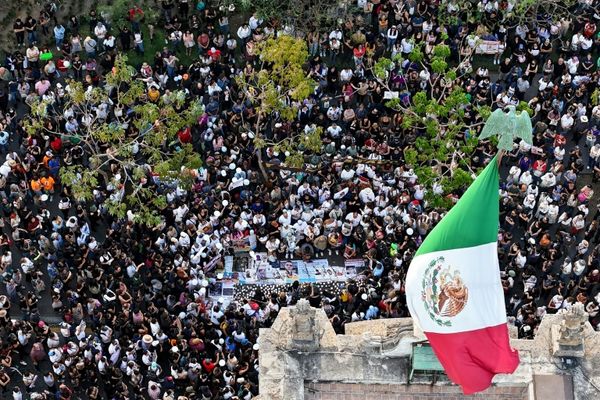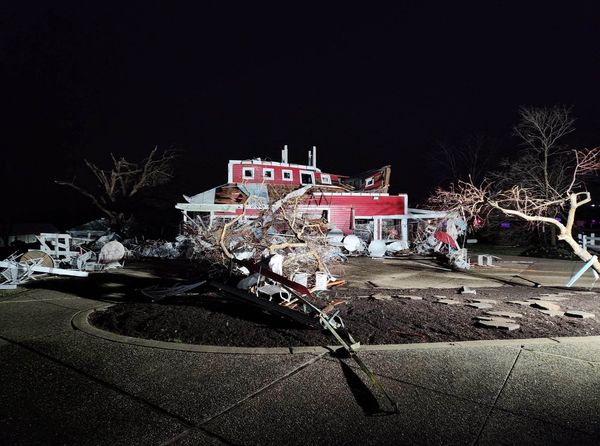The Madras High Court has held that if a person, to whom the Indian Succession Act of 1925 applies, dies intestate (without making a will), leaving behind his widow and children, then his mother cannot claim any right over the properties left behind by him.
Justices R. Subramanian and N. Senthil Kumar passed the ruling while allowing a 2019 appeal suit filed by a Christian widow, and her daughter, challenging a district court’s order to give 50% of the properties left behind by the first appellant’s husband to his mother.
The appellants’ counsel brought it to the notice of the High Court that the family in question professes Christianity and therefore is governed by the Indian Succession Act that clearly lays down the procedure for succeeding the property left behind by an intestate.
As per Section 33 of the Act, if an intestate had left behind a widow and any lineal descendant, one-third of his property should belong to the widow and the remaining two-thirds should go to the lineal descendants. No other person would be entitled to a share.
In so far as the present case was concerned, the intestate had left behind a widow and a daughter. Therefore, the mother would not be entitled to any share. The judges concurred with the submission on the basis of a similar order passed by the High Court in 2021.
Though the mother had not engaged any lawyer to represent her before the High Court, the judges appointed an amicus curiae who, too, pointed out that the widow and the kindred would be entitled to equal share in the property only if the intestate had not left behind any lineal descendant.







